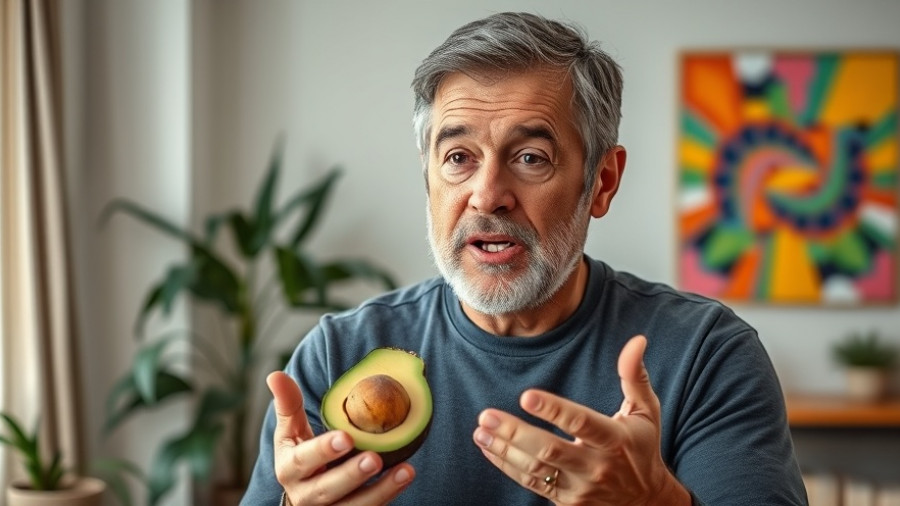
Are Seed Oils the New Boogeyman in Nondairy Milks?
As parents, we constantly seek the best options for our families, especially when it comes to nutrition. In recent years, there has been a rising conversation around seed oils, especially in popular nondairy milk alternatives. Should we avoid them? Let’s dive into this pressing topic.
The Role of Seed Oils
Seed oils, like canola, soybean, and sunflower oil, are commonly found in many store-bought nondairy milks. These oils are extracted from seeds and are often used because they are cheaper and have a longer shelf life. However, they have sparked concern among health enthusiasts over their potential health risks. Some studies suggest that high consumption of omega-6 fatty acids, which are abundant in these oils, may lead to inflammation, heart disease, and other chronic issues.
Nutrition Matters!
Many parents today are keen on promoting a wholesome, balanced diet for their children. Choosing nondairy milks fortified with nutrients like calcium and vitamin D can be beneficial; however, understanding the ingredients is crucial. Reading labels helps to ensure you’re selecting products that truly align with your family's health goals. Staying informed can lead to better choices for your children.
Commercial vs. Homemade Nondairy Milk
Have you ever thought about making your own nondairy milk? It's not only a fun activity to do with kids but also allows you to control what goes into it. By making your own almond or oat milk, you can eliminate seed oils completely and add sweeteners or flavors that your family enjoys. Plus, it can be healthier and more cost-effective!
Potential Alternatives
Consider alternatives to traditional seed oils when selecting nondairy milks. Brands are emerging that use healthier oil options and prioritize sourcing whole ingredients. Look out for coconut milk, hemp milk, or even pea milk, which not only offer rich taste but also come with their own unique nutritional profiles that can benefit your family's health.
The Science Behind the Buzz
Many discussions focus on the impacts of highly processed foods, including seed oils. While the research can seem complex, what matters most is the balance. Eating a diverse range of ingredients—both fat sources and nutrients—can promote better health outcomes for children and adults alike. Keep track of family health; if you notice any adverse effects or sensitivities, consult with a healthcare professional.
Wrapping It Up: Empower Your Health Decisions
Nutrition doesn’t have to be confusing. It’s about educating ourselves and considering what we put into our bodies. Whether you choose to avoid seed oils or experiment with new recipes, remember that every small step towards thoughtful eating contributes to nourishing your family effectively.
So, ask yourself: How do you feel about incorporating nondairy milks into your family's diet? The more you explore, the more informed your decisions become. Remember to enjoy the process, and don’t hesitate to reach out to health professionals for tailored advice!
 Add Row
Add Row  Add
Add 




Write A Comment